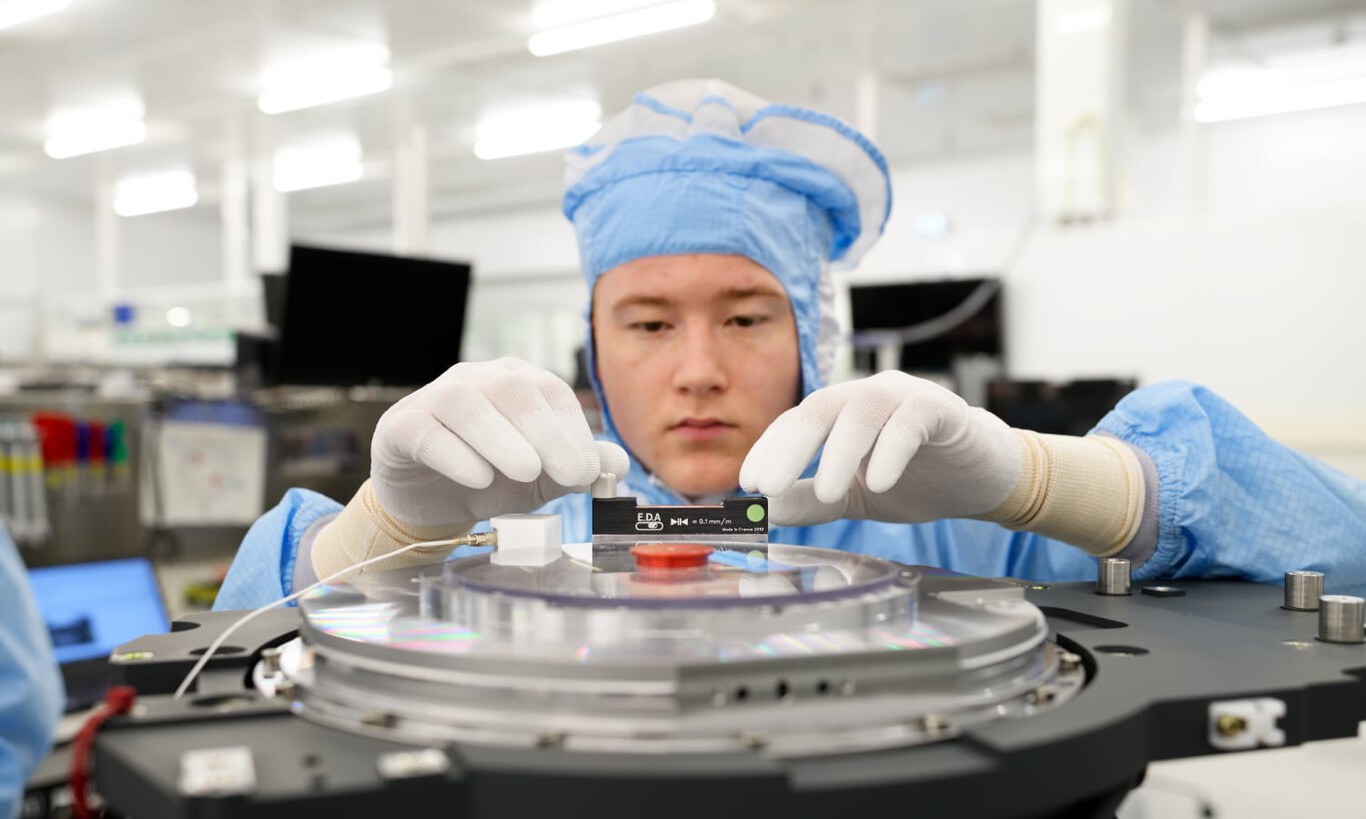Tech Tensions Leave Chinese Students in Netherlands in Limbo
Chinese state-run media and nationalistic commentators have warned that the Netherlands risks losing its top semiconductor industry talent if it continues stringent national security checks on Chinese students. This follows comments from Robert-Jan Smits, President of Eindhoven University of Technology, who revealed that the U.S. Ambassador to the Netherlands had raised concerns about the high number of Chinese students at his university.
Smits mentioned that some restrictions are already in place, as the university exercises extreme caution in granting student access to sensitive technology. Eindhoven University is located just eight kilometers from ASML’s global headquarters, the world’s leading supplier of advanced chip-making equipment. Over a quarter of the students at Eindhoven University are international. In May, ASML announced an 80 million euro investment to deepen its collaboration with the university.
Additionally, the university has outlined plans to invest over 100 million euros to establish a cleanroom, a dust-free environment essential for chip manufacturing research, and to fund its PhD student program over the next 10 years.
Caught in the US-China tech war, the Netherlands faces a delicate situation. In 2019, the US urged the Dutch government to stop exporting extreme ultraviolet lithography (EUV) equipment to China, due to its crucial patents for EUV systems. Without EUV lithography, Chinese chip makers can only produce 7-nanometer chips, unlike Taiwanese and Korean firms producing 2-3nm chips.
Beijing wants overseas Chinese students, including those in the Netherlands, to learn Western chip technology and bring it back to China. A Henan-based columnist noted that ASML’s EUV technology is urgently needed by China, and the US pressures the Netherlands to block it.
The writer highlights that the Netherlands has restricted Chinese students’ admissions and courses, making them unwitting casualties of the US-China tech war. He claims the US disrupts global cooperation in education and talent distribution under the guise of national security.
Yang Rong, a columnist at Guancha.cn, argues that the US suppresses China’s semiconductor sector by involving an ASML-backed university in the US-China chip war. He adds that screening Chinese students in the Netherlands mirrors the “unwarranted” interrogations and repatriations of Chinese students in the US.
She highlights that despite the US issuing more student visas to Chinese students in 2023, only 290,000 Chinese students were studying in the US last year, a 20% drop from 370,000 in 2019. She claims the US is engaging in “selective, discriminatory, and politically motivated” actions against Chinese students, driven by a new Cold War mentality.
Earlier this year, Chinese ambassador Xie Feng reported that dozens of Chinese nationals with valid visas were denied entry to the US. Additionally, spokesperson Wang Wenbin stated that at least eight Chinese students were unjustly deported by US immigration authorities at Dulles International Airport.
In April 2023, Delta, an independent news site from Delft University of Technology, reported that around 2,000 Chinese PhD candidates in the Netherlands were receiving scholarships from the China Scholarship Council (CSC). These students must report their study progress to the Chinese embassy in the Netherlands every semester. At that time, the Dutch intelligence agency AIVD noted that Dutch universities are attractive targets for foreign spies, especially from China.
According to the Global Times, a Chinese Communist Party-run publication, there were 5,610 Chinese students in the Netherlands in 2023. Among them, 1,441 were studying engineering, 1,422 economics, 800 language and culture, and 600 natural sciences. In June of the previous year, the Dutch government announced plans to draft legislation to restrict Chinese students’ admission to sensitive technology programs, including defense and semiconductors. If enacted, these regulations would apply to Chinese PhD students and those from outside the European Union.
The proposed legislation has stalled in parliament. Dutch Education Minister Eppo Bruins stated that the government will take a “nuanced approach” to avoid impacting talented Chinese students. A professor at Eindhoven University told Bloomberg that recruiting Chinese students has become more difficult, with many struggling to secure one-year internships as Dutch chip companies are increasingly reluctant to hire them.
In an interview with Bloomberg, Eindhoven University’s Smits disclosed that the US ambassador to the Netherlands advised caution with Chinese students. Despite this, the US continues to issue various visas to Chinese students for American universities.
In 2019, the FBI reportedly urged at least 10 American universities to monitor Chinese students and scholars closely. The FBI also recommended increased oversight of Chinese researchers and avoiding project funding from Chinese tech firms like Huawei. Consequently, more American universities have restricted Chinese students’ access to sensitive technology.
Deputy Secretary of State Kurt Campbell highlighted a shortage of American students in STEM fields during a talk at the Council on Foreign Relations last month. He suggested recruiting more international students from India for these disciplines instead of China. Campbell proposed that while the US should welcome Chinese students, they should focus on humanities and social sciences rather than particle physics.
According to Statista.com, 23.2% of the 290,000 Chinese students in the US during 2022-2023 studied mathematics and computing science, with others in engineering (16.8%), business/management (13.4%), social sciences (11.2%), and physics/life sciences (9.8%).













